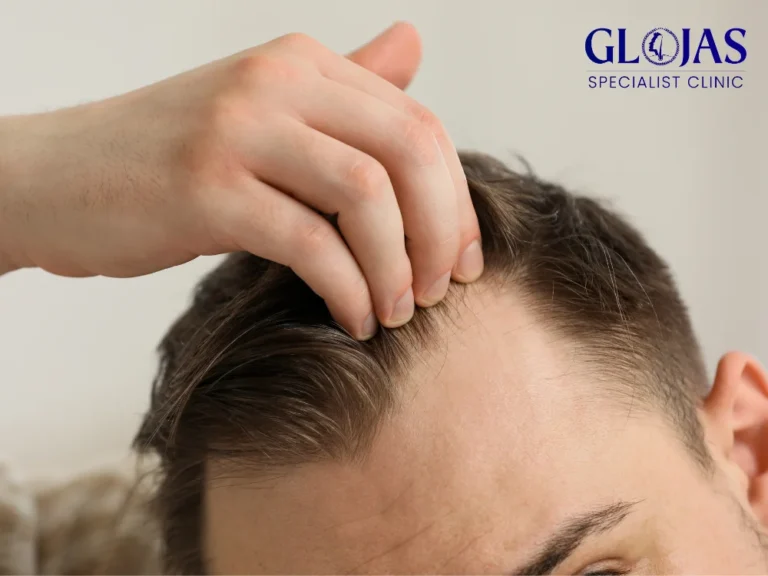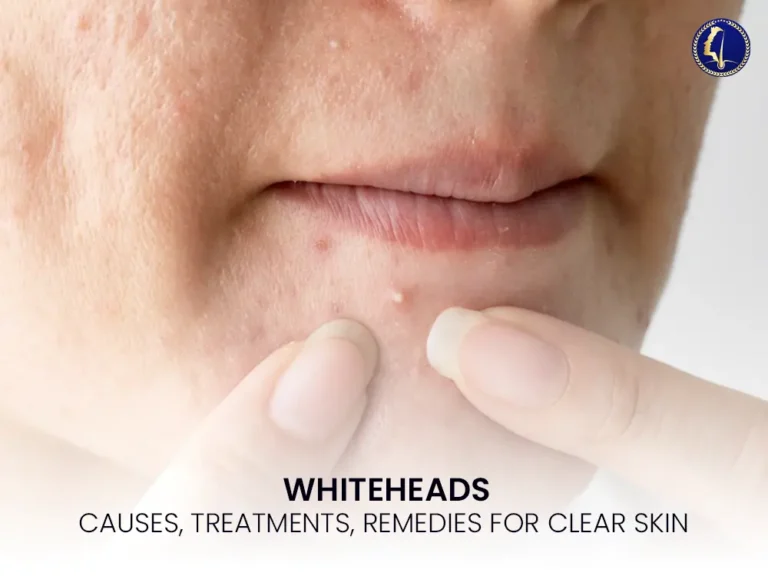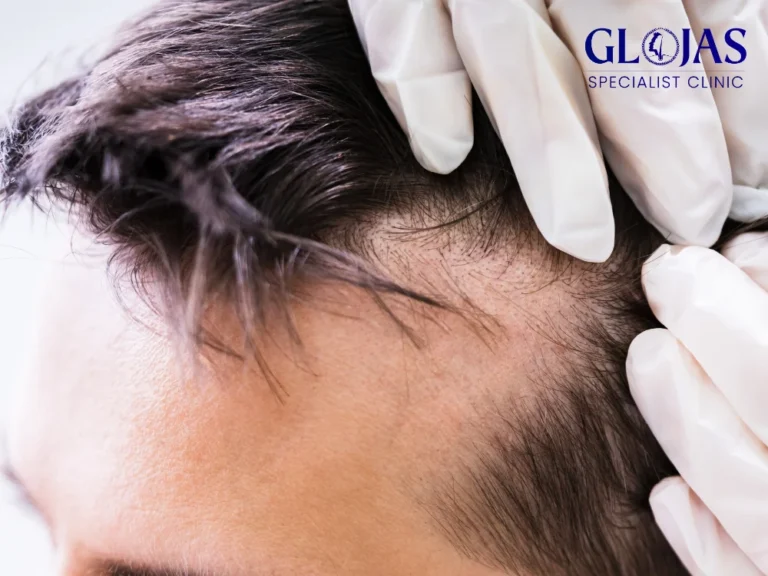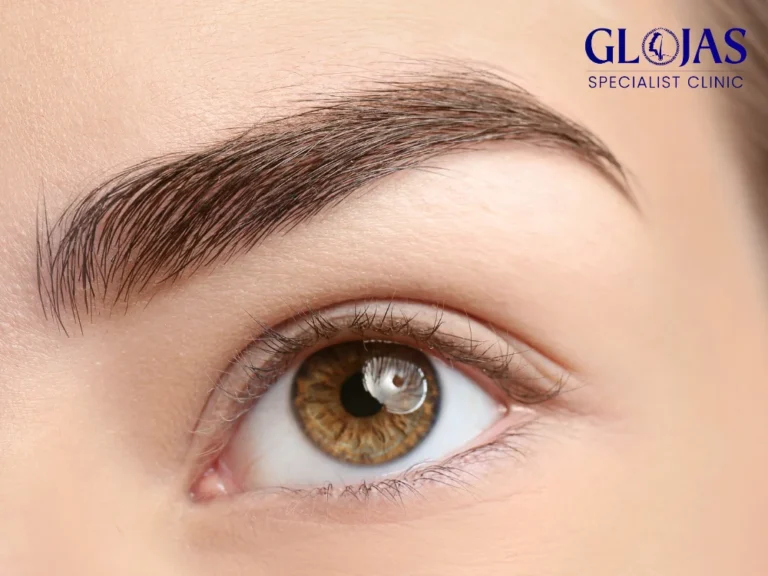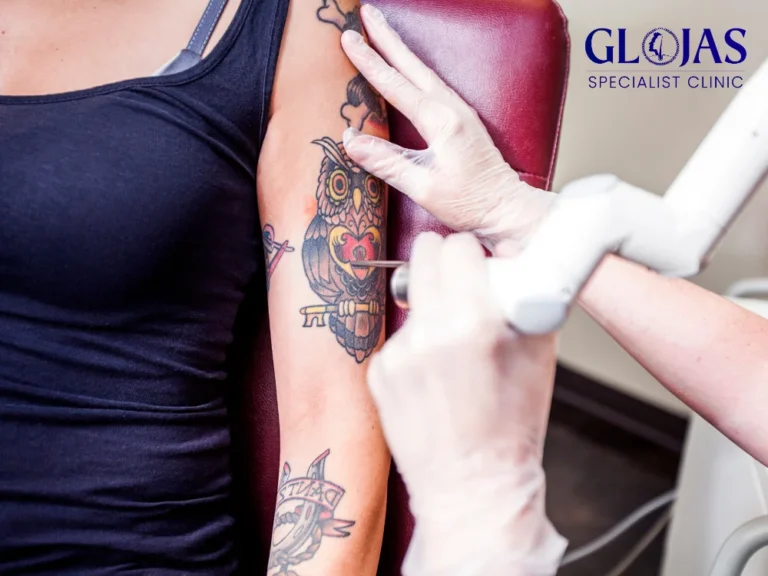Gynecomastia, a condition characterized by the enlargement of male breast tissue, can be distressing and impact an individual’s self-esteem. For those considering a gynecomastia procedure, it’s essential to understand that not everyone is a suitable candidate for this intervention. While surgical or non-surgical options offer effective solutions for many, certain factors may deem someone unsuitable for the procedure.
Underlying Medical Conditions
Individuals with underlying medical conditions such as severe heart disease, uncontrolled diabetes, or clotting disorders may not be ideal candidates for gynecomastia procedures. These conditions can increase the risks associated with surgery and compromise the individual’s overall health.
Psychological Readiness
Gynecomastia procedures are not only physical but also psychological interventions. Individuals with unrealistic expectations, body dysmorphic disorder, or unstable mental health may not be suitable candidates. It’s crucial for candidates to have a healthy mindset and realistic goals before undergoing any cosmetic procedure.
Smoking and Substance Use
Smoking and excessive substance use, including alcohol and recreational drugs, can hinder the body’s healing process and increase the risk of complications. Individuals who engage in these activities may need to make lifestyle changes before considering gynecomastia surgery.
Age and Hormonal Changes
Adolescents experiencing gynecomastia due to hormonal fluctuations during puberty might not be suitable candidates for surgery, as the condition often resolves on its own. A physician may recommend monitoring the situation before considering any intervention.
Lifestyle Commitment
Post-operative care and lifestyle adjustments are crucial for successful outcomes. Individuals unable to commit to the necessary aftercare, including proper wound care, maintaining a healthy weight, and adhering to medical advice, might not achieve the desired results.
Obesity
Gynecomastia is often exacerbated by excess body fat. In cases of severe obesity, weight loss might be recommended before considering surgical intervention, as this can significantly reduce breast tissue without the need for surgery.
Financial Considerations
Cosmetic procedures, including gynecomastia surgery, can be expensive and are typically not covered by insurance. Individuals who cannot afford the procedure or are financially strained might need to explore alternative options or postpone the procedure.
Allergic Reactions and Complications
Individuals with a history of severe allergies or adverse reactions to anesthesia, surgical materials, or medications may be at a higher risk of complications and may not be suitable candidates for surgery.
Ultimately, the decision to undergo a gynecomastia procedure should be made in consultation with a qualified medical professional. A comprehensive evaluation of an individual’s medical history, current health status, and personal circumstances is essential to determine whether the procedure is appropriate and safe. It’s important to prioritize health and well-being above all else, and only proceed with cosmetic interventions when it’s in the best interest of the patient. Consult with GLOJAS experts today to find out more!
At Glojas, we welcome clients to reach out to us directly to schedule a free initial consultation. We offer guidance and valuable insights on how best to address your specific challenges. Let us assist you in navigating your journey with confidence and clarity.

